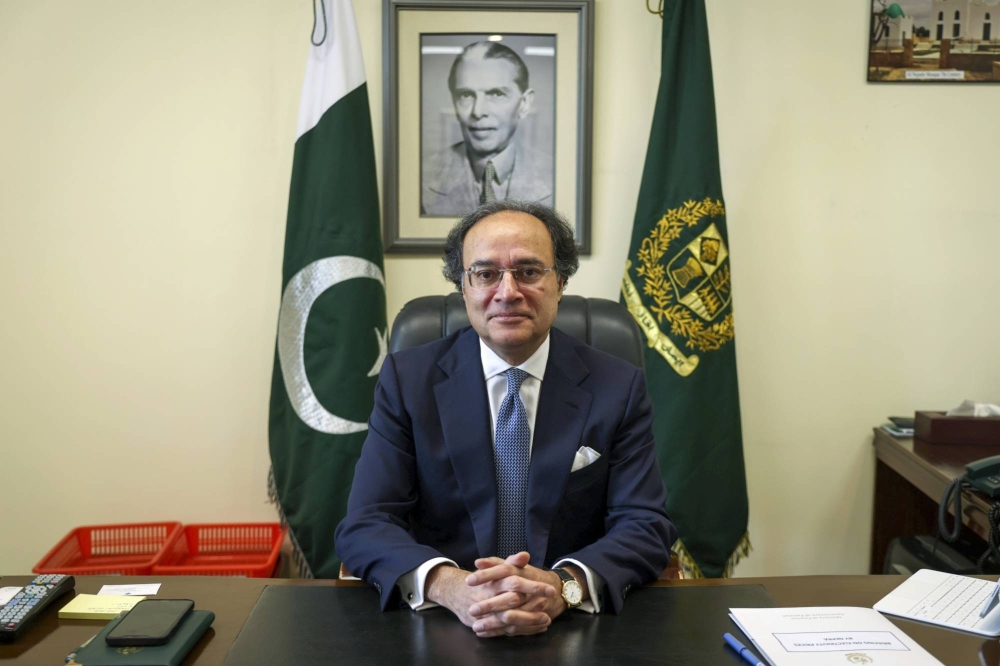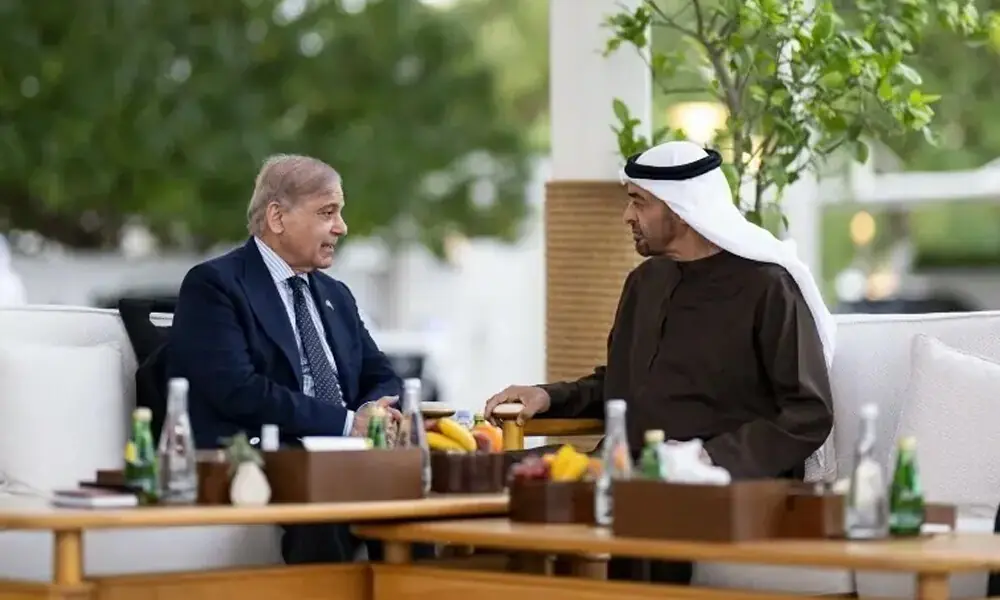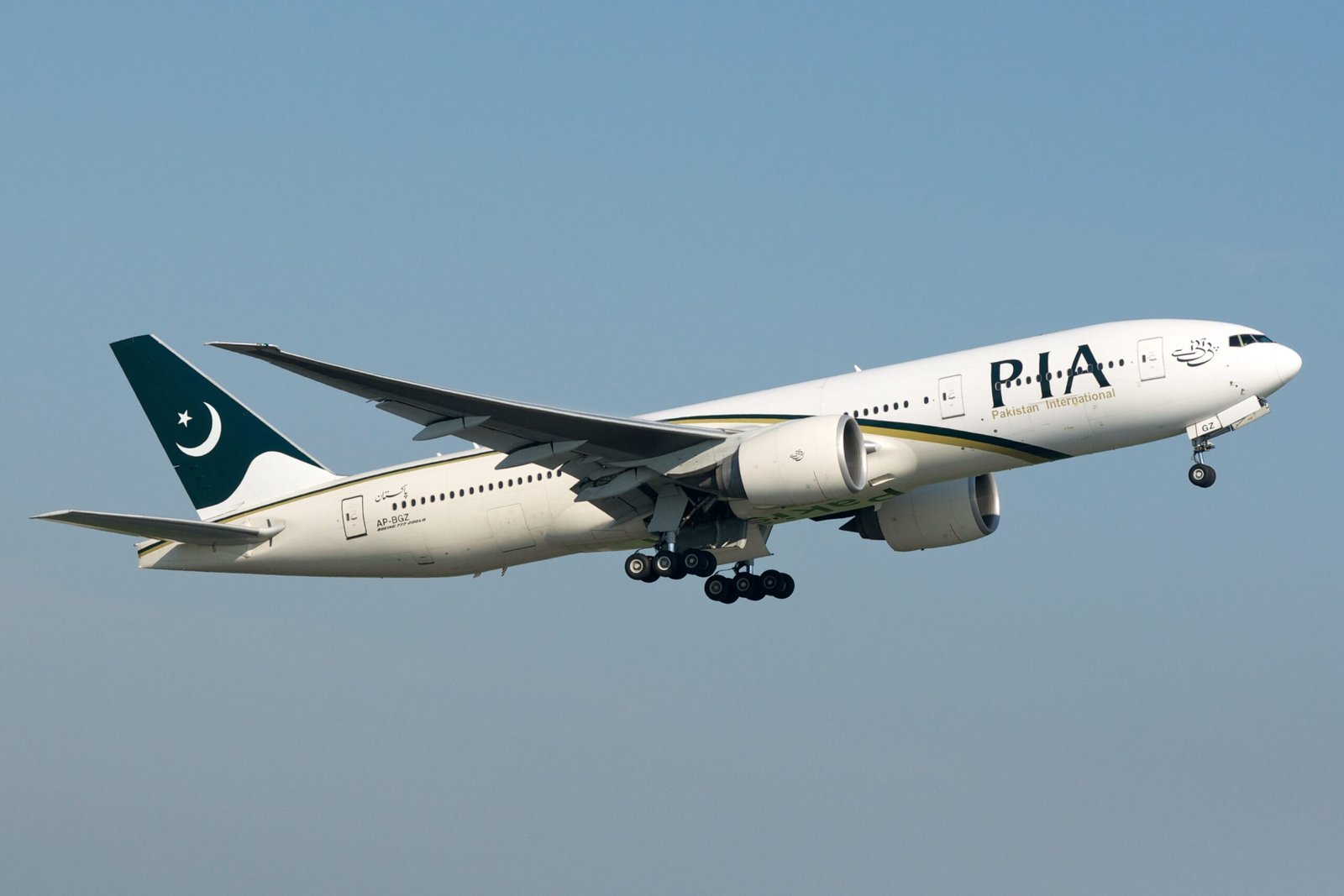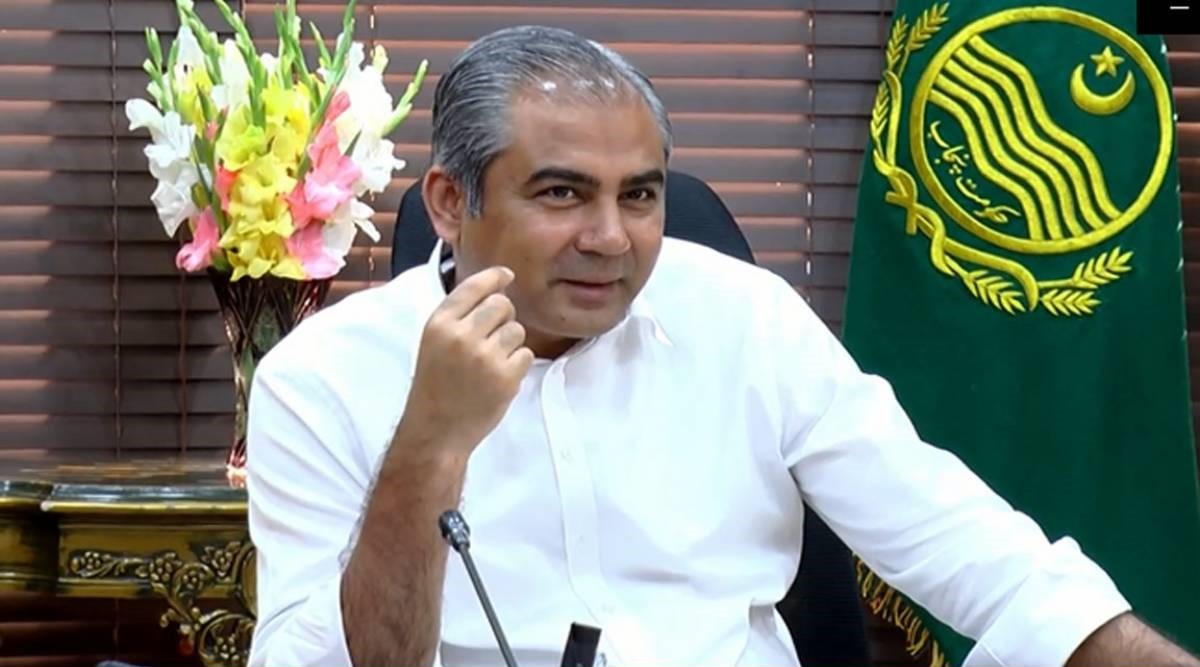Pakistan’s Finance Minister, Muhammad Aurangzeb, announced on Saturday that the country is shifting its focus toward an export and productivity-driven growth model to ensure long-term economic sustainability. During a press conference, the minister emphasized the need for expanding exports across all sectors and expressed satisfaction with the progress made in the auto industry, which has started exporting in the past two months.
Aurangzeb highlighted the positive impact of strong remittances, which have contributed to the rise in Pakistan’s foreign exchange reserves. He expressed confidence that remittances would reach a record $36 billion by the end of the current fiscal year. “Exports are also showing resilience, with a 7 percent growth,” he added, noting that this growth was crucial for the country’s economic stability.
Looking ahead, the finance minister projected that Pakistan’s foreign exchange reserves would reach $13 billion by the end of June, reflecting the government’s efforts to bolster the country’s financial position. He also pointed out that the Federal Board of Revenue (FBR) is on track to achieve a 32.5 percent increase in revenue collection this year, with significant improvements in tax compliance. He highlighted that the collection from traders had surged to 413 billion rupees, compared to 189 billion rupees the previous year.
Aurangzeb also discussed the government’s ongoing structural reforms aimed at making Pakistan’s current IMF program the last one. He expressed optimism that the International Monetary Fund’s Executive Board would soon approve the second tranche of a $1 billion loan, which would further support the country’s economic recovery.
Through these efforts, the government aims to build a strong foundation for Pakistan’s economy, focusing on long-term growth driven by increased exports, enhanced productivity, and a more robust tax system.















